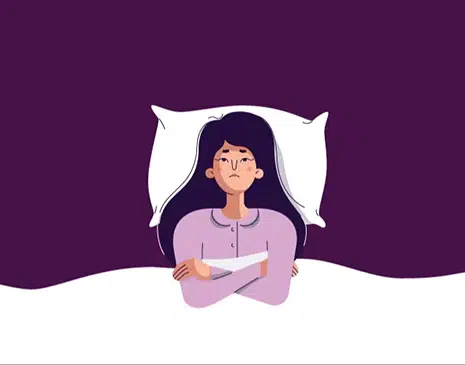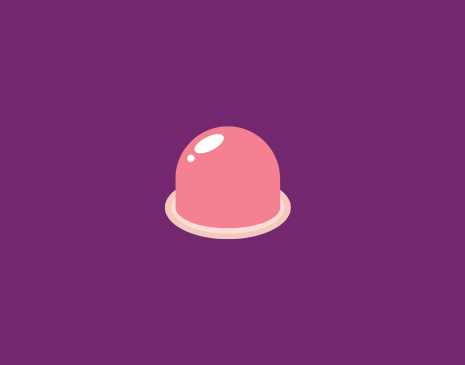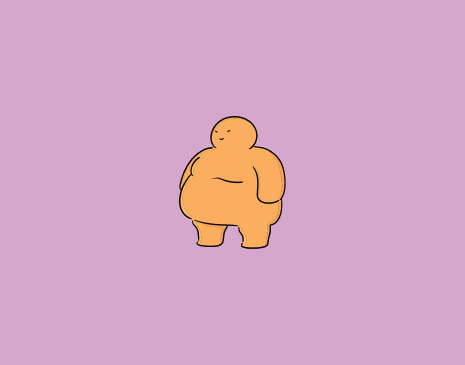A common type of sleeping disorder caused by a combination of biological and social factors, insomnia is more than twice as likely to affect women than men.
Women with insomnia may experience sleeping patterns where they have trouble falling asleep, frequently wake during sleep, wake up too early, or a combination of all three. Disrupted sleep from insomnia can leave women feeling constantly tired, irritated, anxious, worried, and like it’s difficult to focus or retain information. So, let’s take a closer look at what causes insomnia in women?
Hormones
Two of the main female sex hormones, oestrogen and progesterone, fluctuate throughout a woman’s life, particularly through the stages of puberty, menstruation, pregnancy, and perimenopause. Often, sleep problems will align with these events.
Stress, anxiety, and depression
Quality of sleep is often linked to mental health, and women are likely to experience insomnia from conditions like stress, anxiety, and depression. These mental health conditions can make it difficult to relax and fall asleep at night. It’s also thought that women are more likely to ruminate about worrying life events, which can affect their ability to fall and stay asleep.
Work
If you work long hours or are constantly bombarded with challenging work demands or a heavy workload, this can lead to stress that makes it harder to fall and stay asleep at night. Shift work can also disrupt the body’s sleep-wake cycle, making it difficult for the body to know when it’s supposed to be asleep.
Other sleep conditions
Obstructive sleep apnoea (OSA) is a breathing disorder characterised by a halted airflow due to breathing pauses during sleep. Restless leg syndrome is a sleep disorder in which a person develops strong urges to move their limbs. Both these sleep conditions can cause sleep difficulties in women.
Medications
Medications used to treat depression, high blood pressure, heart disease, allergies, pain, and asthma can develop a side effect of insomnia.
Stimulants and food
Caffeine and nicotine can interfere with normal sleeping patterns, especially when regularly consumed in the afternoon and evening.
Poor sleeping habits
Going to bed at random times every night, using your smartphone in bed, staying up late watching TV, and sleeping in a noisy environment are all poor sleeping habits that can increase the risk of insomnia.
How can women get better sleep?
Ways that women can improve their sleep hygiene include:
- Maintaining a consistent sleep routine, with the same sleep and wake times each day
- Learn how to manage stress
- Avoid screen time two hours before going to bed
- Limit alcohol and caffeine consumption in the afternoon
- Practice relaxation techniques prior to bed, like meditation or a bath
- Create an ideal sleep environment with a supportive mattress, comfortable temperature, minimal lighting, and minimal noise
- Consider taking melatonin, a natural sleep-inducing supplement
This guide is designed to be informative and educational. It is not intended to provide specific medical advice or replace advice from your medical practitioner.













